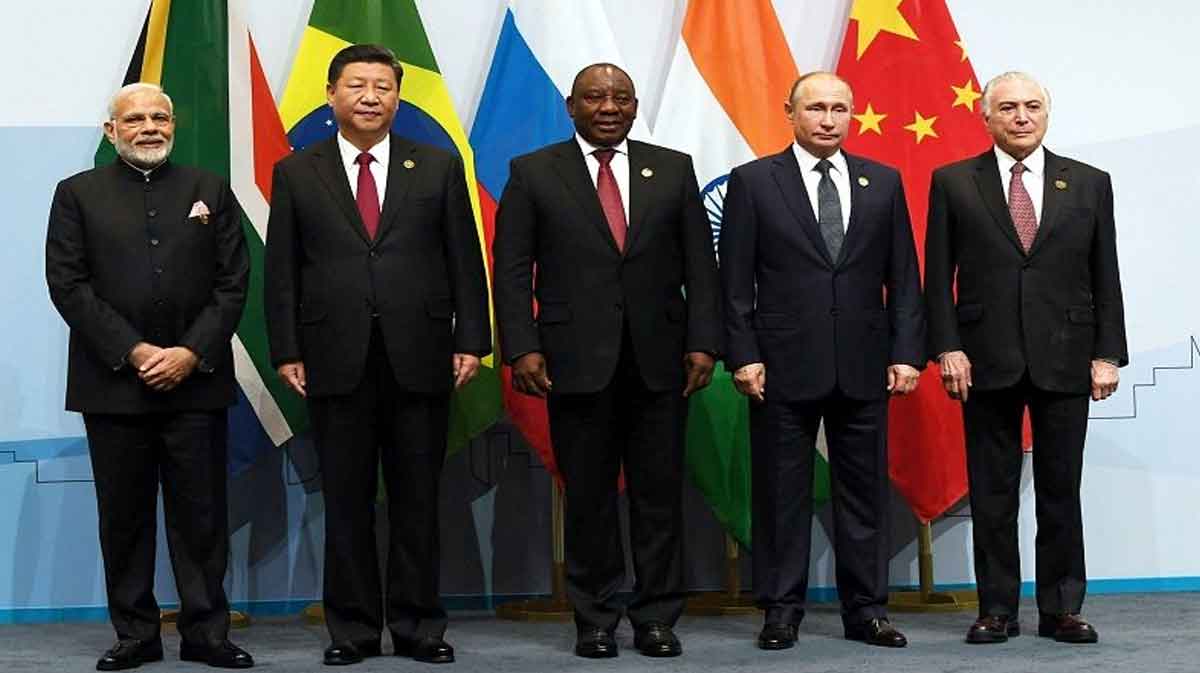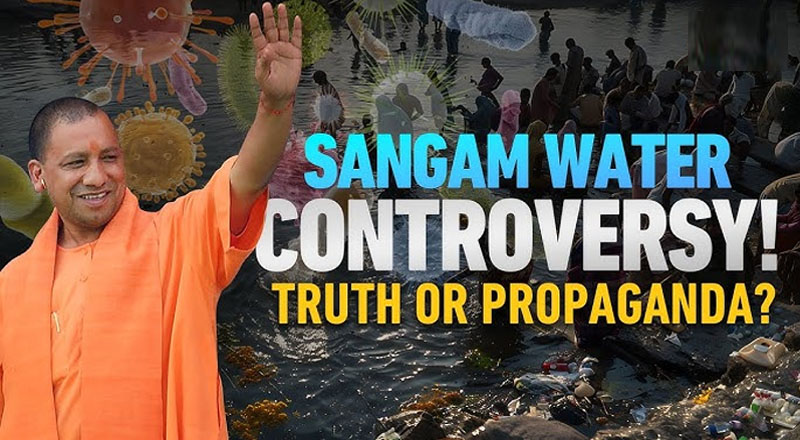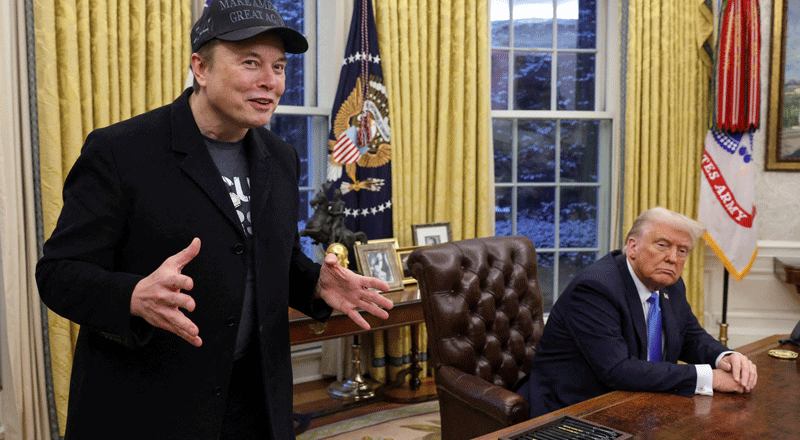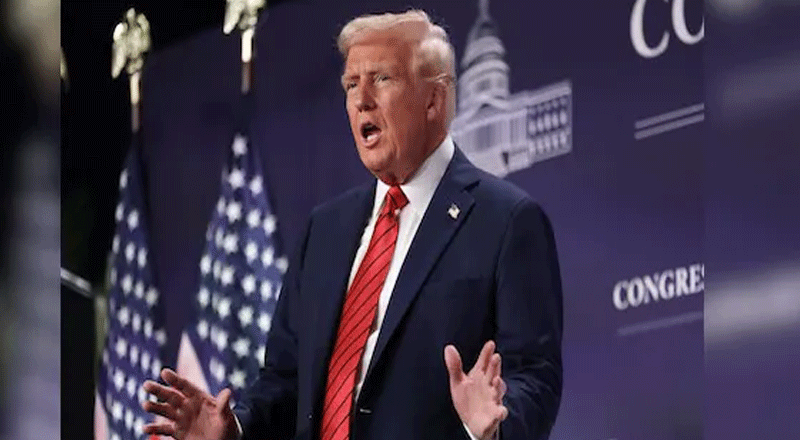The recently concluded BRICS Summit in Kazan, Russia, has underscored India’s growing geopolitical influence and its unique position on the global stage. According to Ian Bremmer, a leading political risk expert, India currently holds the “best geopolitical position globally.” This assessment comes in light of India’s leadership role in the Global South, its stabilizing relations with China, and its friendly ties across the G7, with the exception of Canada. As India continues to navigate complex global dynamics, it finds itself in an unparalleled position, balancing relationships with major global powers.
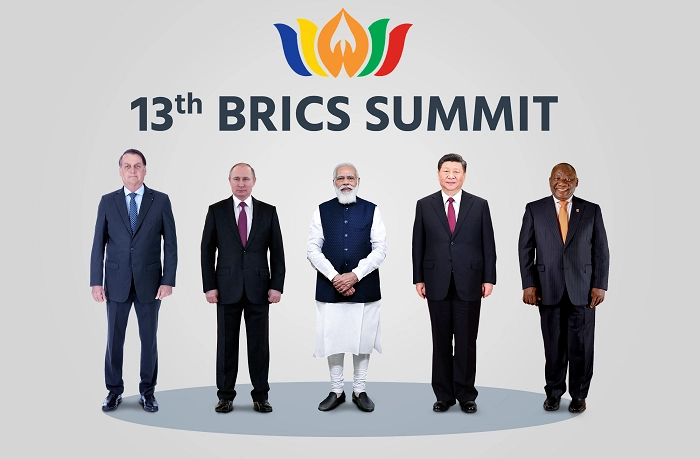
India’s Diplomatic Balancing Act at BRICS Summit
During the 2024 BRICS Summit, Indian Prime Minister Narendra Modi engaged in significant high-level talks with global leaders, including Russian President Vladimir Putin and Chinese President Xi Jinping. Notably, Modi’s formal bilateral discussions with Xi marked their first direct engagement in five years. These talks took place against the backdrop of ongoing efforts to resolve a four-year-long military standoff between India and China through over 30 rounds of high-level negotiations.
India’s ability to engage both China and Russia, while maintaining strong ties with the West, reflects its adept diplomatic balancing act. As calls grow for New Delhi to mediate between pro-Russian and pro-Ukrainian factions, India’s positioning as a stabilizing force in the region becomes more pronounced. During the summit, Modi also held discussions with Iran’s Masoud Pezeshkian, further demonstrating India’s commitment to global peace and its strategic vision for the region.
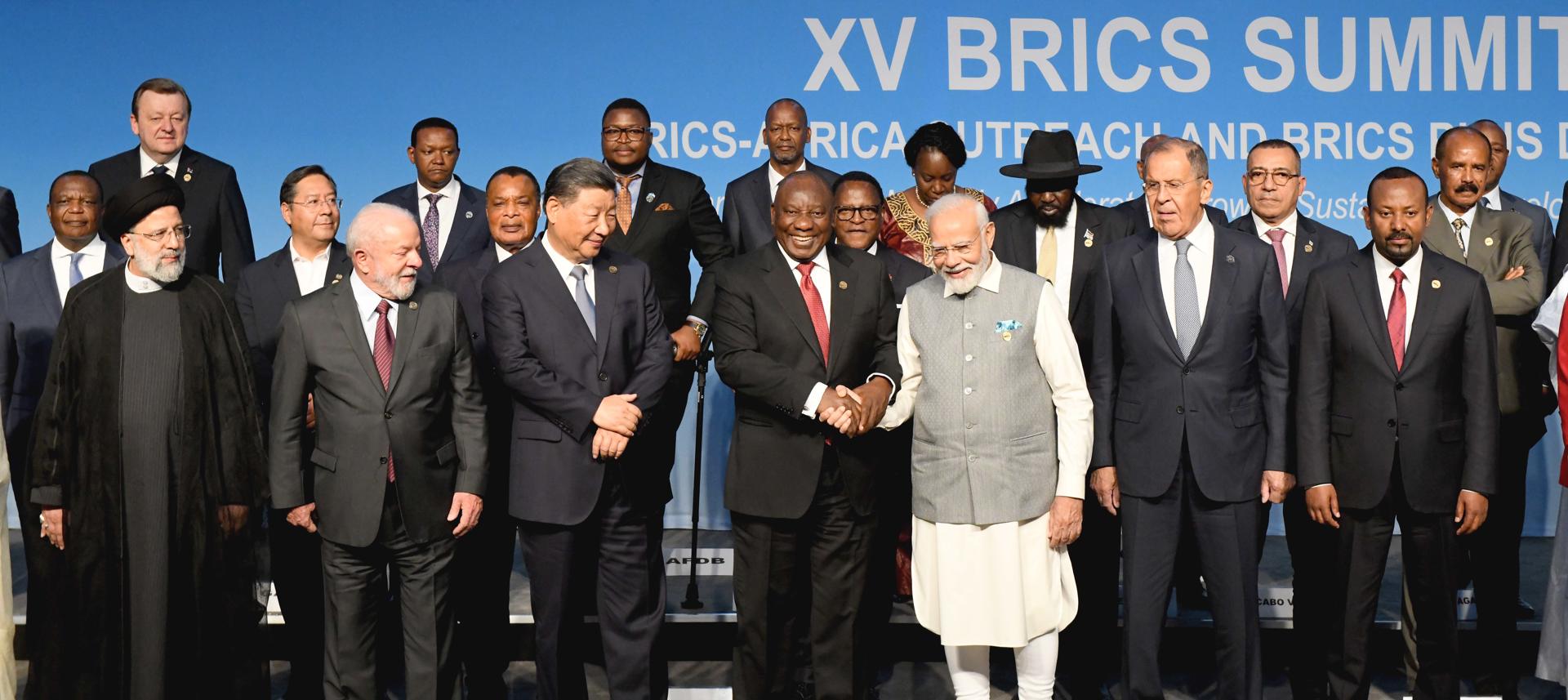
Critique of Double Standards on Terrorism
One of the more forceful moments of the summit was Modi’s veiled criticism of China’s geopolitical strategy in Pakistan. India has long been vocal about Pakistan’s support for terror groups hostile to India. Modi denounced nations that continue to shield Pakistan, indirectly calling out China for its consistent backing of Islamabad despite the latter’s well-documented ties to terrorist organizations. This statement was a pointed reminder of India’s firm stance on counterterrorism and its broader strategic interests in maintaining regional stability.
Ian Bremmer’s View: India’s Global Advantage
an American political scientist author Ian Bremmer’s analysis of India’s geopolitical position offers a comprehensive view of its strategic advantages. In a post on X, Bremmer highlighted India’s leadership in the Global South, its stabilizing relations with China, and its robust relationships with G7 nations, Canada being a notable exception. “No other major economy is close to being friends with pretty much everyone,” Bremmer remarked, capturing India’s unique foreign policy compared to other global powers.
India’s growing global influence has been a gradual evolution. As Bremmer’s remarks echo earlier statements from India’s External Affairs Minister S. Jaishankar, it becomes clear that India is increasingly seen as a “bridging power.” At the Raisina Dialogue in February 2024, Jaishankar advocated for India’s role in promoting multilateralism, emphasizing its ability to balance diverse relationships and address global challenges from a position of strategic autonomy.
Strategic Partnerships and the Quad Alliance
India’s geopolitical dexterity was further showcased during Modi’s participation in the 2024 Quad Leaders’ Summit, held in Wilmington, Delaware, in September. The Quad, which includes Australia, Japan, India, and the United States, plays a pivotal role in India’s efforts to enhance security cooperation across the Indo-Pacific. With the Quad’s focus on countering revisionist powers—primarily China—India’s involvement aligns with its broader strategic goals, underscoring its commitment to a rules-based order in the region.
Ajit Doval, India’s National Security Adviser, also played a key role during the BRICS Summit, particularly through his diplomatic engagements with Putin and Chinese Foreign Minister Wang Yi. Doval’s visit to Russia included discussions that aimed at balancing India’s relations with both China and the US, further emphasizing India’s ability to maintain diplomatic equilibrium amid great power rivalry.
Stabilizing the India-China Border Tensions
Doval’s talks with Wang Yi are of particular significance in the context of disengagement along the Line of Actual Control (LAC) in eastern Ladakh. Since the military standoff began in April 2020, India and China have faced heightened tensions, leading to the bloodiest clash between their troops in the Galwan Valley, which claimed the lives of 20 Indian soldiers. The successful disengagement in 2024 reflects India’s commitment to stabilizing relations with China, even as both countries remain wary of each other’s strategic intentions.
India’s Role as a Peacemaker in Global Conflicts
India’s growing role on the global stage extends beyond economic and military strength. Modi’s involvement in peace negotiations, particularly in the Russia-Ukraine conflict, highlights India’s evolving role as a mediator. Despite criticism from Ukraine, Modi has reiterated India’s commitment to finding a resolution to the conflict. His visit to Moscow in July 2024 marked a significant step in this direction, as he offered India’s services as a dialogue facilitator.
Ajit Doval’s meetings with world leaders, including Putin and French President Emmanuel Macron, further solidified India’s status as a global peace negotiator. These efforts underscore India’s increasing involvement in resolving international conflicts and its desire to shape global diplomacy through constructive engagement.
Russia’s Embrace of China: Implications for India
While India maintains a long-standing diplomatic relationship with Russia, the deepening ties between Moscow and Beijing present new challenges. Russia’s shift towards China, largely driven by its geopolitical contest with the West, has altered the dynamics of India-Russia relations. China’s growing influence over Russia has raised concerns in New Delhi, especially as Moscow appears less willing to address India’s concerns regarding Chinese actions along the Himalayan border.
China’s strategic partnership with Pakistan, particularly in supporting terrorism as a state tool, further complicates India’s relationship with both Beijing and Moscow. Despite these challenges, India has continued to maintain a pragmatic approach, leveraging its historical military ties with Russia while strengthening its strategic relationship with the United States.
India’s Future on the Global Stage
India’s leadership role within the Global South and its expanding influence in global diplomacy are clear indications of its growing prominence on the world stage. Bremmer’s assertion that “no other major economy is close to being friends with everyone” captures the essence of India’s foreign policy. Its pragmatic approach, which prioritizes national interests over ideological alignment, has allowed India to maintain strong relationships with both the West and nations like Russia and China.
As India continues to assert itself as a global leader, its challenge will be to balance its role as a mediator in conflicts, a leader in the Global South, and a key player in multilateral institutions. The BRICS Summit has underscored India’s unique geopolitical position, and as the world moves towards a more multipolar order, India is poised to play a crucial role in shaping the future of global diplomacy.
(With inputs from agencies)


